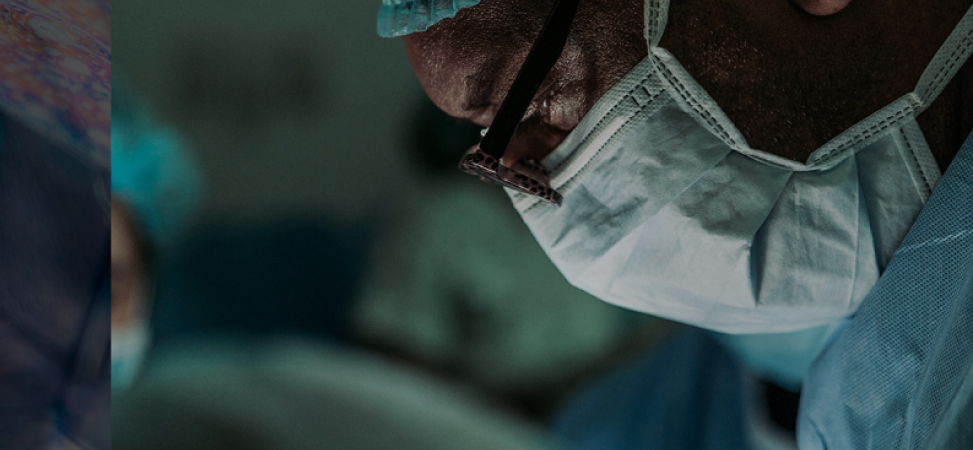
Psoriasis: more than just a skin disease
Psoriasis destroys your self-confidence, it controls what you wear, what you do, affects your sleep and you itch, you itch all the time.
Living with psoriasis
The things I don’t think I’ll ever get used to are the tiredness, the randomness of a flare up, and not being able to concentrate. I also have long term worries about taking medicine and I think psychologically that can be really hard because there isn’t a cure.
Living with psoriasis
Psoriasis affects approximately one in 50 people worldwide and impacts men and women equally. The most common presentation is patches of skin that are red, dry and scaly, and can be itchy or painful. It is often considered to be ‘just a skin condition’ but is actually a systemic disease which develops when a person’s immune system attacks their own healthy cells. It may be associated with joint damage (psoriatic arthritis), and increases the risk of developing other chronic and serious health conditions, including cardiovascular disease, diabetes, lymphoma, Crohn’s disease, anxiety and depression. It places a high burden on the healthcare system, with an annual cost burden in the US of approximately $35–50 billion, highlighting the need for improved management.
Psoriasis is thought to be caused by a combination of environmental, lifestyle and genetic risk factors, and can run in families. Risk factors for psoriasis include direct skin trauma, smoking, obesity and alcohol abuse.
So what treatments are available for people with psoriasis? Mild cases can usually be treated with topical treatments and/or ultraviolet light therapy, but for people who do not respond to these treatments or who have moderate-to-severe psoriasis, systemic treatments are needed, such as broad immunosuppressants (e.g. methotrexate) or biological treatments that target specific cells of the immune system (e.g. TNFα inhibitors).
Biologic treatments have more convenient administration schedules and favourable safety and efficacy profiles; however, these are substantially more expensive than other marketed therapies. The annual cost of healthcare per patient treated with biologics can range between $13,000 and $30,000.
Fortunately, several new biological products are in development, which may reduce the cost burden of psoriasis in the long-term, including JAK inhibitors and RORγt inhibitors. Various biosimilars are also being developed or are already on the market as patents for some biologics expire, increasing access to treatments for patients due to lower costs.
The theme for this year’s World Psoriasis Day is “UNITED” and aims to promote awareness, empowerment and action for the condition. If you would like to learn more about psoriasis, or access online support on living with psoriasis, you can explore the range of resources at psoriasisSPEAKS. For additional information on the online events being held throughout Psoriasis Awareness Week 2021, or how you can get involved, visit the Psoriasis Association.
At Bioscript, we are proud to support our clients in this key therapy area, providing unique expertise and insights to help our clients share exciting developments in the life cycle of their products. If you would like to discuss our experience in psoriasis, please get in touch!



